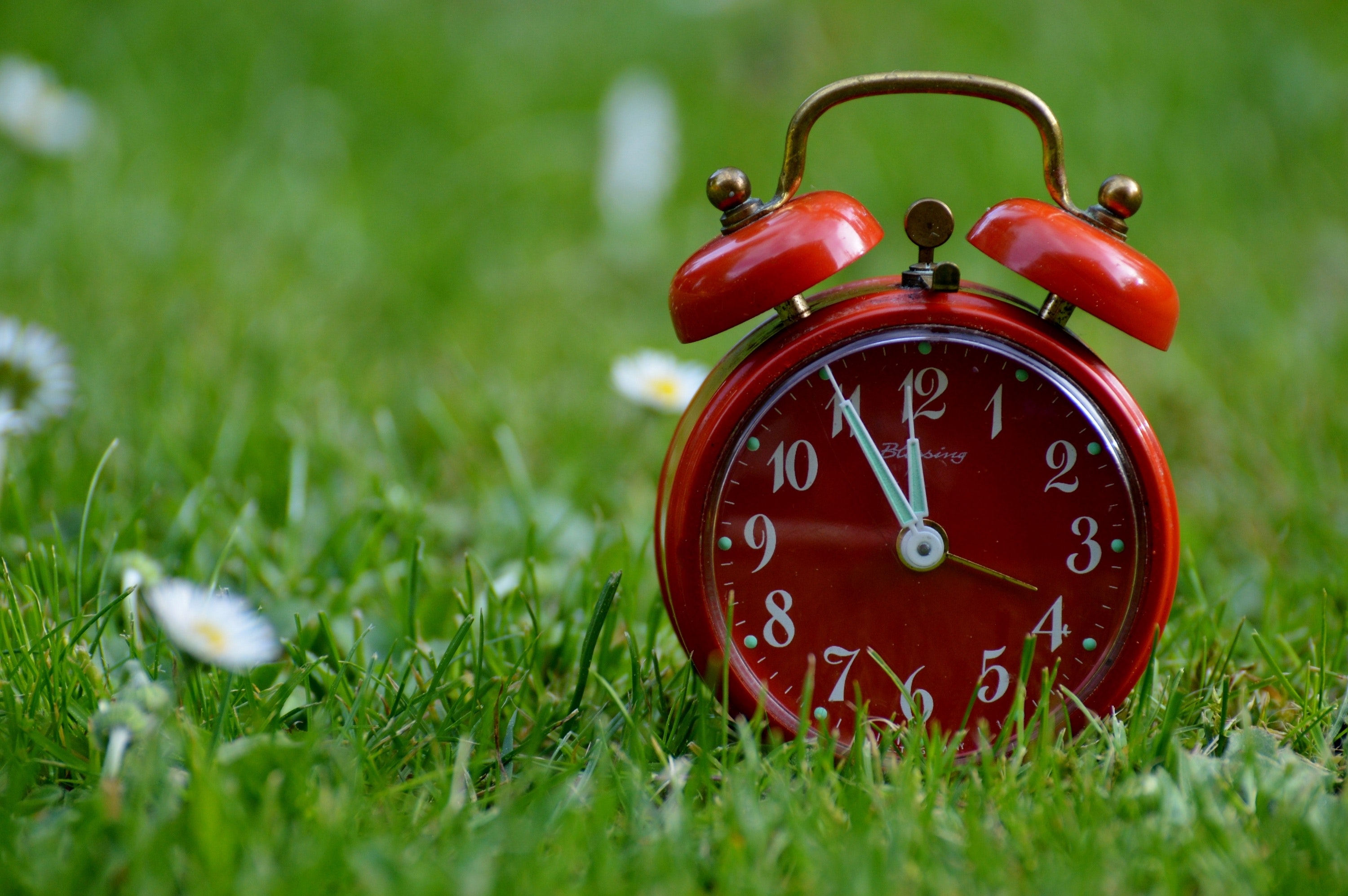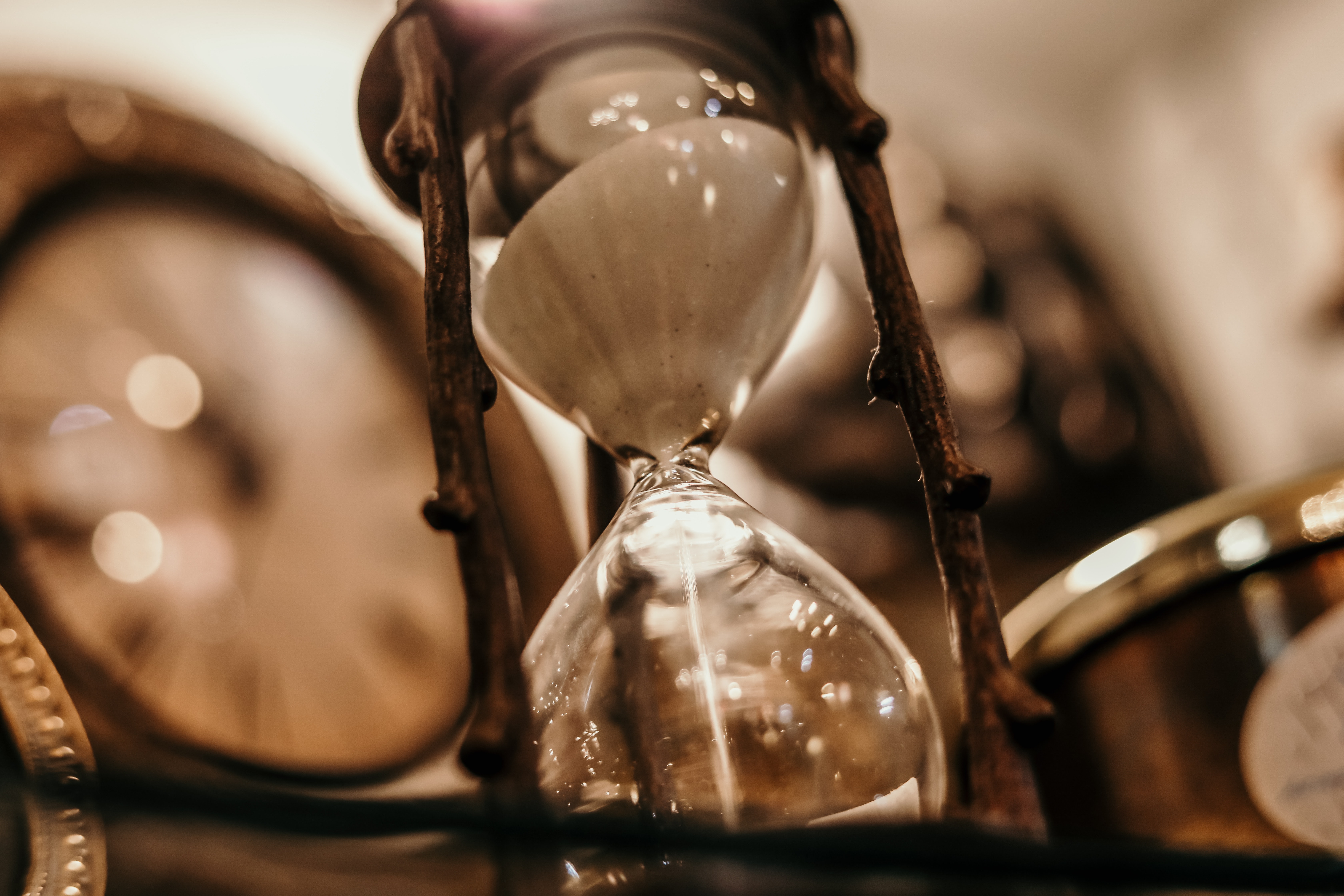I arrived at Heathrow Airport early in 2018 to the chill of an uncharacteristically cold winter. A few weeks earlier, before returning home to Kenya, I had contemplated leaving my Master’s program. Now, coming back to the UK, gritting my teeth against the freezing wind, I wondered if I should just have stayed at home. Of several things I did not like about the UK, the weather hurt me the most. Cold weather embitters me to tears in a way I cannot describe.
If there is anything I remember about the past year, apart from the dodgy weather, it has to be the uncertainty. One that settled into everything, from getting onto my bike in the morning and wobbling onto the road, to deciding what I wanted my life to look like. It was everywhere, inescapable, overwhelming.
Higher education is understood as a good thing in Kenya. Those who announce they have been admitted to a graduate program receive multiple congratulations: “hongera,” “slay,” #blackgirlmagic, #blackexcellence. The implicit demand is that those privileged enough to study will return and change things, regardless of the field of study. You travel abroad with a bagful of expectations from other people. Few of these expectations survive the encounter with knowledge, especially when in a foreign country. Away from the congratulations, the energy they provided fades, the certainties they guaranteed dissipate.
Too, new years carry the baggage of newness: I will be a different person, I will handle things differently, I will make different choices, I will be someone else. The turn of the calendar finds most of us in medias res, less at the beginning of a story, and more in the middle of a still-unfolding story. And the certainties that drive new year declarations disappear along with holiday hangovers.
Against this uncertainty, I settled into an austere routine. The days from February to July mashed into one another, each more or less like the last. I ate the same breakfast for weeks at a time. I would be in the lab by 10 every morning. My shopping list stayed strictly the same; each fortnightly shopping trip had me following the same path in the supermarket. My weekends would start on late Saturday mornings, and end with me in the kitchen on Sunday evenings, cooking enough food to last me the week. Routine managed uncertainty, though it did not eliminate it.
Uncertainty was a constant companion, demanding a resolution of some kind, an escape from the uncomfortable stillness. I wanted something else. Something with direction, to rush toward or away from the routine and the uncertainty. There was an urgent need to leave—perhaps I would abandon my studies. I needed to run away, to experience a different motion in my life.
In the midst of this beigeness that smeared my days together, I found a book in the Zoology library that has stayed with me: Extinction Studies: Time, Death and Generations. In it, Michelle Bastian writes, “clocks promise that we are all together in the same moment, in the same ticking of the second hand.” Yet, she writes, if we look at species extinction, we discover that creatures exist on their own timelines, each intricately connected to those of others within the knots of time.
While Bastian’s book focuses on species and huge scales of time, it helped me rethink the various times I inhabited. I no longer had to frame time as one thing—“#blackgirlmagic” or “#blackexcellence,” scales of that demanded success, no matter the cost. I didn’t have to imagine my time was bound to how I would transform Kenya. Nor did I have to imagine that moments of uncertainty and doubt were hiccups disrupting the time I was supposed to be occupying. Instead, I could map how these different types of time—and how I felt about them—wove together, forming a knot of time. My task, then, was to inhabit the knottiness, not to escape it.
Moving towards the centre of the knot, something was released in August as the year thawed. The undergraduates had left, leaving the campus refreshingly empty. Slowly, I strayed away from the reticence of the past months, and let the days unfold without imposing the silence of routine on them. The sun was out and I left my room more often, went for walks, went to the botanical gardens. I had a beer in a garden with a new friend, and even took money out of my formerly well-ordered budget to splurge on expensive cocktails. The sun would set delightfully late. A small tree bloomed outside my bedroom window, its buds coaxed out by the summer warmth. Pigeons would come and sit in this tree, picking at its small, green fruit, and I would spend long minutes staring at them.

When September came around, its days were swept briskly against the rest of the year. Even then, it was clear that the consuming sense of unease had slowed down. Maybe the uncertainty that being on my own brought on was tempered by the fact that I would soon be going back home. Perhaps there was something I was sure of at that point, even if it was the simple thought that finally, my studies were over. Whatever it was, this was the beginning of a return to the comfort of my own timeline, easing into its soft flow.
While the year passes in the strict way of clocks, there are always other ways to structure your time. Routine can assist with this, but sometimes restricts it. We are entangled into days, months, years, but even so, we are allowed our own speeds. There is a certain deliciousness to letting the days fall into step alongside one’s own rhythm. And understanding this, with a few days left in the year, I feel as if maybe 2018 can end in a way it didn’t start – a little surer of my place within and outside the confines of the clock-time, for this and other years to come.
Michelle K. Angwenyi





